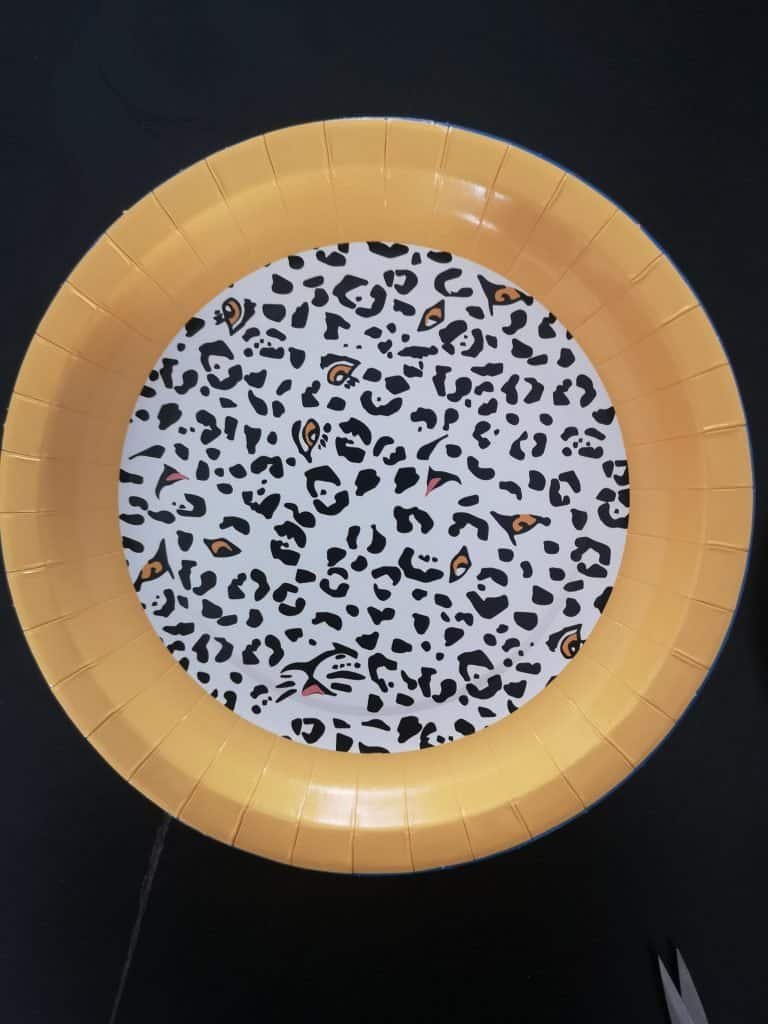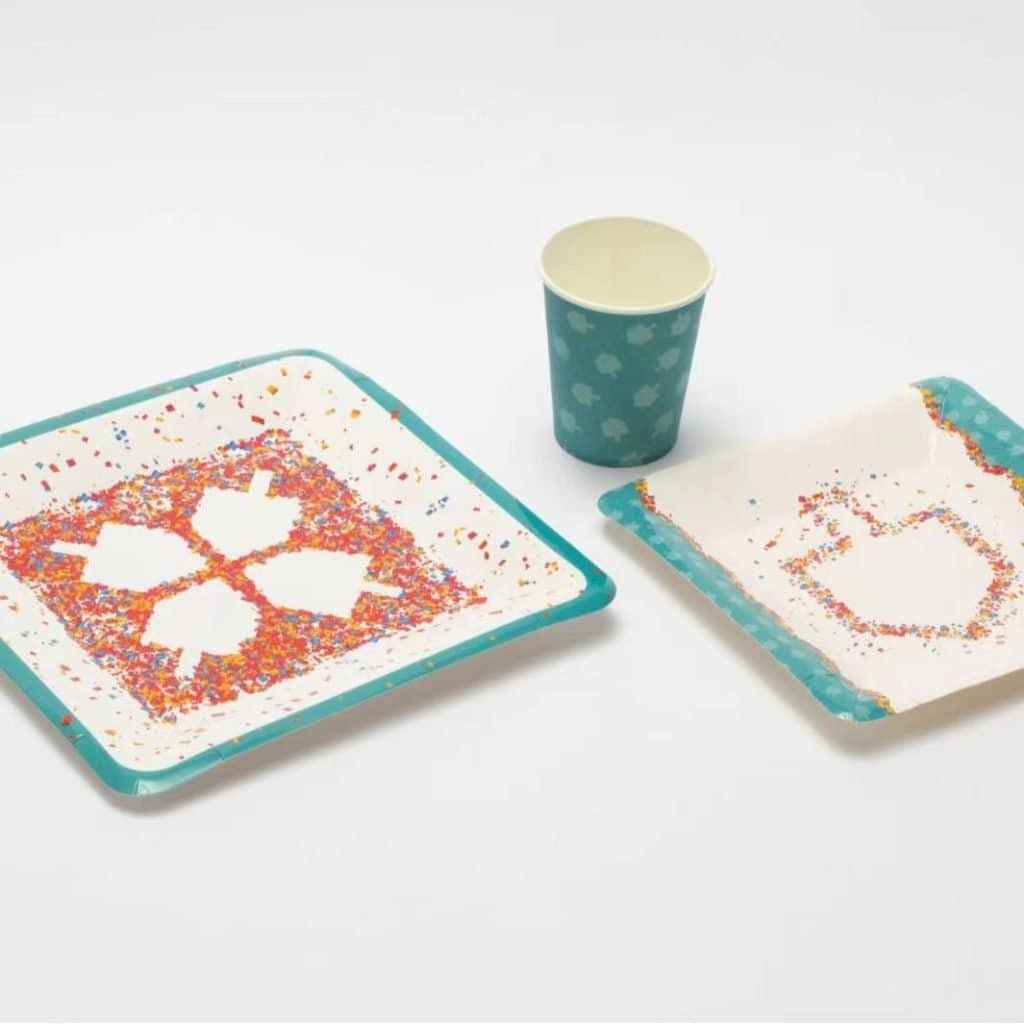Do you find yourself frequently using disposable paper cups and plates, but unsure about the proper way to dispose of them? As a busy professional or business owner, it’s easy to prioritize convenience over environmental considerations. However, improper disposal of paper products can have significant environmental impacts. Let’s explore the best practices for disposing of these items responsibly.
The proper disposal of paper cups and plates starts with understanding their composition and recycling potential. Unlike traditional paper, many disposable cups and plates have a plastic lining that makes them resistant to liquid but also complicates recycling. This plastic lining needs to be separated from the paper, which can be done at specialized recycling facilities.
It’s important to check local recycling guidelines. Some regions have facilities that can process these composite materials, while others do not. If your area lacks the proper facilities, the best option might be composting, provided the paper products are labeled as compostable.

Why Composting is a Viable Option?
Composting is an eco-friendly way to dispose of paper cups and plates. Compostable paper products are designed to break down in a composting environment, turning into nutrient-rich soil. Check for certification labels like “compostable” or “biodegradable” on your paper products. These labels indicate that the products meet certain standards for compostability.
You can compost these items in a home composting system or a commercial composting facility. Home composting systems require balancing greens and browns, while commercial facilities handle a wider range of compostable materials and achieve higher temperatures, which speeds up the breakdown process.
If composting isn’t an option, consider reusing paper cups and plates whenever possible. For instance, paper plates can serve as makeshift palettes for painting or as liners for pet food dishes. Reusing helps extend the life of these products and reduces waste.
What About Recycling?
Recycling is another common disposal method, but it requires careful consideration. As mentioned earlier, the plastic lining in many paper cups and plates complicates recycling. If your local recycling facility accepts these items, ensure they are clean and free from food residue before recycling.
Contaminants like food waste can spoil entire batches of recyclables. Cleaning your paper cups and plates before disposal helps prevent this issue and supports the recycling process.
For those who run businesses or manage events, investing in bulk compostable or recyclable paper products can make a significant difference. At HMZ Technology, we offer a range of customizable, eco-friendly paper food packaging solutions to suit your needs.
How Can Businesses Contribute?
Businesses can play a crucial role in promoting responsible disposal of paper cups and plates. Providing clearly labeled recycling and composting bins in the workplace encourages employees and customers to dispose of their waste correctly. Additionally, offering education on proper disposal practices can make a big impact.
Another effective strategy is to work with suppliers who prioritize sustainability. At HMZ Technology, we are committed to providing top-quality, eco-friendly paper packaging solutions. Our products are not only customizable but also designed to minimize environmental impact.
By choosing sustainable suppliers and implementing eco-friendly practices, businesses can reduce their environmental footprint and contribute to a more sustainable future.

Related Questions
1. What types of paper products are compostable?
Many paper products, including some cups and plates, are labeled as compostable. Look for certifications from organizations like the Biodegradable Products Institute (BPI) to ensure that the products meet composting standards. These items can break down in both home and commercial composting systems.
2. Can paper cups be recycled with regular paper products?
Not all paper cups can be recycled with regular paper products due to their plastic lining. It’s important to check with your local recycling facility to see if they accept these items. Some facilities have the capability to separate the plastic lining from the paper, making recycling possible.
3. How can I encourage my employees to recycle and compost?
Providing clearly labeled recycling and composting bins is a great start. Additionally, educating your employees on the importance of proper waste disposal and how it benefits the environment can increase participation. Regular reminders and incentives can also help maintain engagement.
Conclusion
Proper disposal of paper cups and plates involves understanding the materials, exploring composting and recycling options, and promoting sustainable practices. Whether you’re an individual looking to make a difference or a business aiming to reduce waste, every effort counts. Let’s work together to ensure that our convenience doesn’t come at the cost of our planet.
Ready to make a change? Start by checking your local recycling guidelines and choosing eco-friendly products for your next event or business need.
Have you implemented any eco-friendly practices in your daily routine or business? Share your tips and experiences with us!
